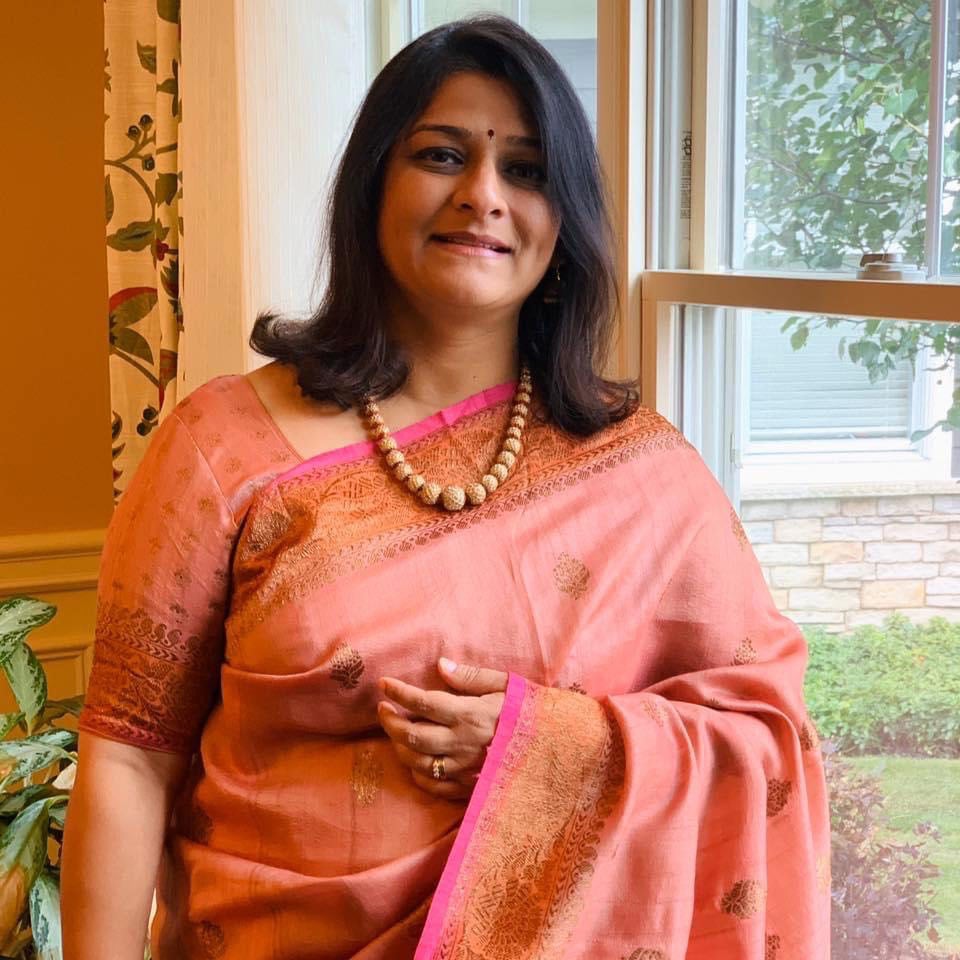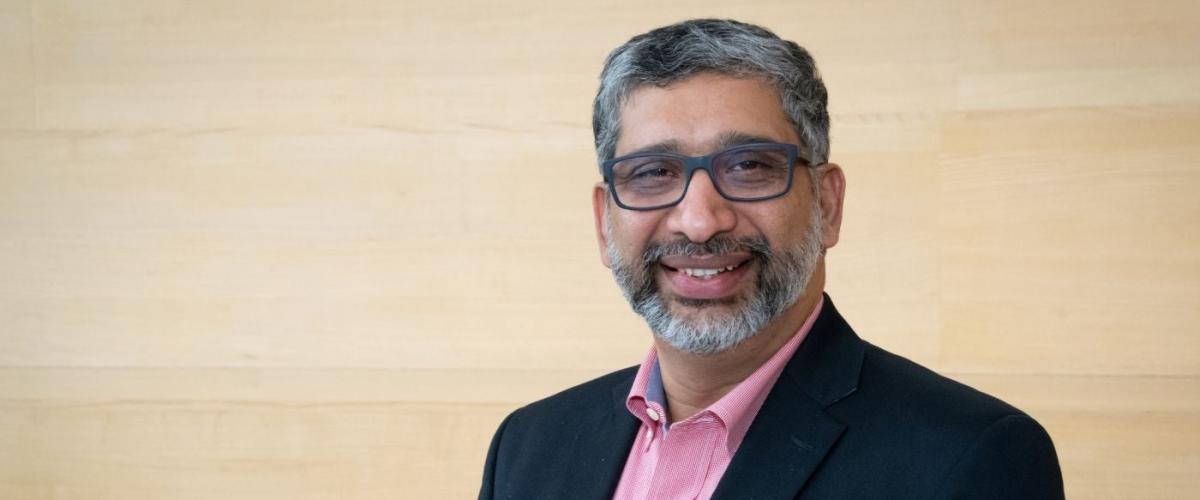May is Asian, Pacific Islander, Desi and Asian American Heritage Month. Throughout the month, The Daily will highlight members of the university community who are of Asian, Pacific Islander, Desi and Asian American heritage to celebrate their accomplishments as members of the campus community and shed light on their experiences at CWRU.

Radhika Ramamurthi was raised in Kanpur and Hyderabad, cities in India's northern and southern regions, respectively. As a born Hindu, some of the key facets of her culture are governed by the principles of dharma (duty), karma (destiny), ahimsa (non-violence) and moksha (liberation).
“We strongly believe that all of us have a purpose in life, be it taking care of our families, performing at our jobs, or sharing love and happiness with friends,” Ramamurthi explained. “We aspire to do this without expecting anything in return.”
Ramamurthi doesn’t just perform her job—she excels at it. In her role as associate director of MBA programs at Weatherhead School of Management at Case Western Reserve University, Ramamurthi manages the full- and part-time MBA programs, working with faculty and staff members at Weatherhead to ensure a high-quality student experience, and collaborating with faculty to ensure they’re evolving their content so students learn from the most up-to-date materials.
But Ramamurthi is perhaps best known for the help she provides students as they progress through their academic journeys.
“When students I have mentored and guided from the day they came in as wide-eyed admits to the day they exit as professionals—or call in or email me years later to thank me for their experiences that have led to their career success—I feel very vindicated in the impact that I have had on their lives,” Ramamurthi said.
As she forms close relationships with her co-workers and students, Ramamurthi takes any opportunity she can get to share her heritage with them—whether telling stories to curious students or inviting colleagues to participate in Diwali and Holi festivities so they can experience her culture—and especially her childhood memories from India—firsthand. When she was younger, for example, she competed with her neighbors during Diwali to see who would be the first to wake up and set off firecrackers.
“The day was filled with so much love and laughter, meeting and greeting people from various walks of life, and distributing sweets and savories, which were laboriously prepared by moms, aunts and grandmothers,” she said. “Each household had special recipes handed down to them by their elders.”
Cooking is a cornerstone of her culture, even outside of Diwali. Ramamurthi reminisced about a time when she was sitting with her mother in a very small kitchen learning how to make sweet dumplings made with rice flour, jaggery and coconut. The dish is made every year as an offering to Lord Ganesha, the Hindu god of beginnings, during his birthday celebrations in August and September.
“[My mother] would tell us stories of how she learned to make these from her mother and grandmother,” Ramamurthi noted. “[She] used to showcase the dumplings made by us and be so proud—which only engaged us further to keep learning and making more of these special offerings. Some lovely memories, which I try to replicate with my daughter although her grandparents live far away from her.”
As Case Western Reserve University and people around the country recognize Asian, Pacific Islander, Desi and Asian American Heritage Month in May, Ramamurthi said it’s a time to commemorate the vibrant and culturally diverse people of Asia and Asia Pacific regions.
After decades of immigrating to the United States, APIDAA community members today “have a strong identity and are vital contributors to the economic engine of [this country],” Ramamurthi said.





